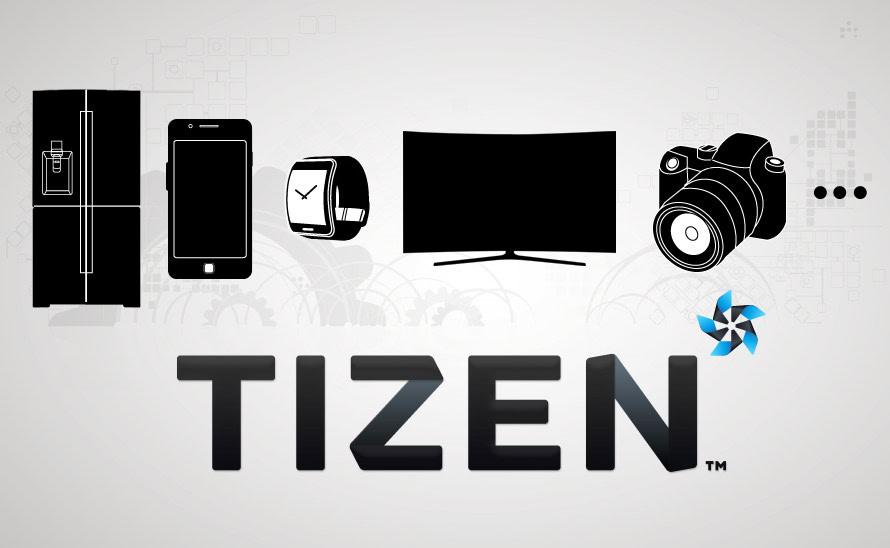Affiliate links on Android Authority may earn us a commission. Learn more.
Tizen may have an unlikely ally – the Russian government

If you ask shoppers in India, the first Tizen phone is pretty unexciting. If you ask Samsung, it’s an earnest success. Regardless whom you choose to believe, Tizen has its work cut out – Android is on the verge of taking 90 percent of the market, developers have little reason to sink resources in nascent platforms, and users won’t care about an operating system that lacks apps. Just ask Microsoft.
But Samsung may have found an unlikely ally in its bid to make Tizen a real alternative to Android – the Russian government. In a series of tweets, Russian minister of communication Nikolai Nikiforov decried the “monopoly” that Google has over Android, which is not a true open source OS in his opinion. Nikiforov linked to articles discussing Google’s control over its mobile operating system and mentioned Tizen, Sailfish, and Ubuntu as real open source projects that could compete with Android.
Nikiforov sees the need to break the monopoly of American companies over mobile operating systems. What’s more, Russia is supposedly ready to support the development of Android competitors, including through grants paid to developers wishing to develop for Tizen or Sailfish.
It’s tempting to dismiss these statements as politicians doing what they do best – making empty promises. That’s especially true now that Western sanctions over the Ukrainian crisis are taking their toll on the Russian economy, and the local tech sector hasn’t been spared. Apple and Google have stopped doing business with developers based in Crimea, while Google has recently closed its engineering offices in Moscow.
On the other hand, Russia is a big and important market, where Google’s presence is weaker than in other regions. That’s one of the reasons Samsung originally tried to launch its first Tizen smartphone in Russia – the Samsung Z was officially announced last year here, but its commercial release was repeatedly delayed in order to give developers more time to create apps for Tizen.
It remains to be seen whether Russia’s words will be backed by Russian money, but Samsung is probably very pleased about this development. The Korean giant poured tons of resources into getting Tizen off the ground, and now that it’s finally a real platform, it needs all the help it can get, even when it comes from such improbable sources as the Russian government.